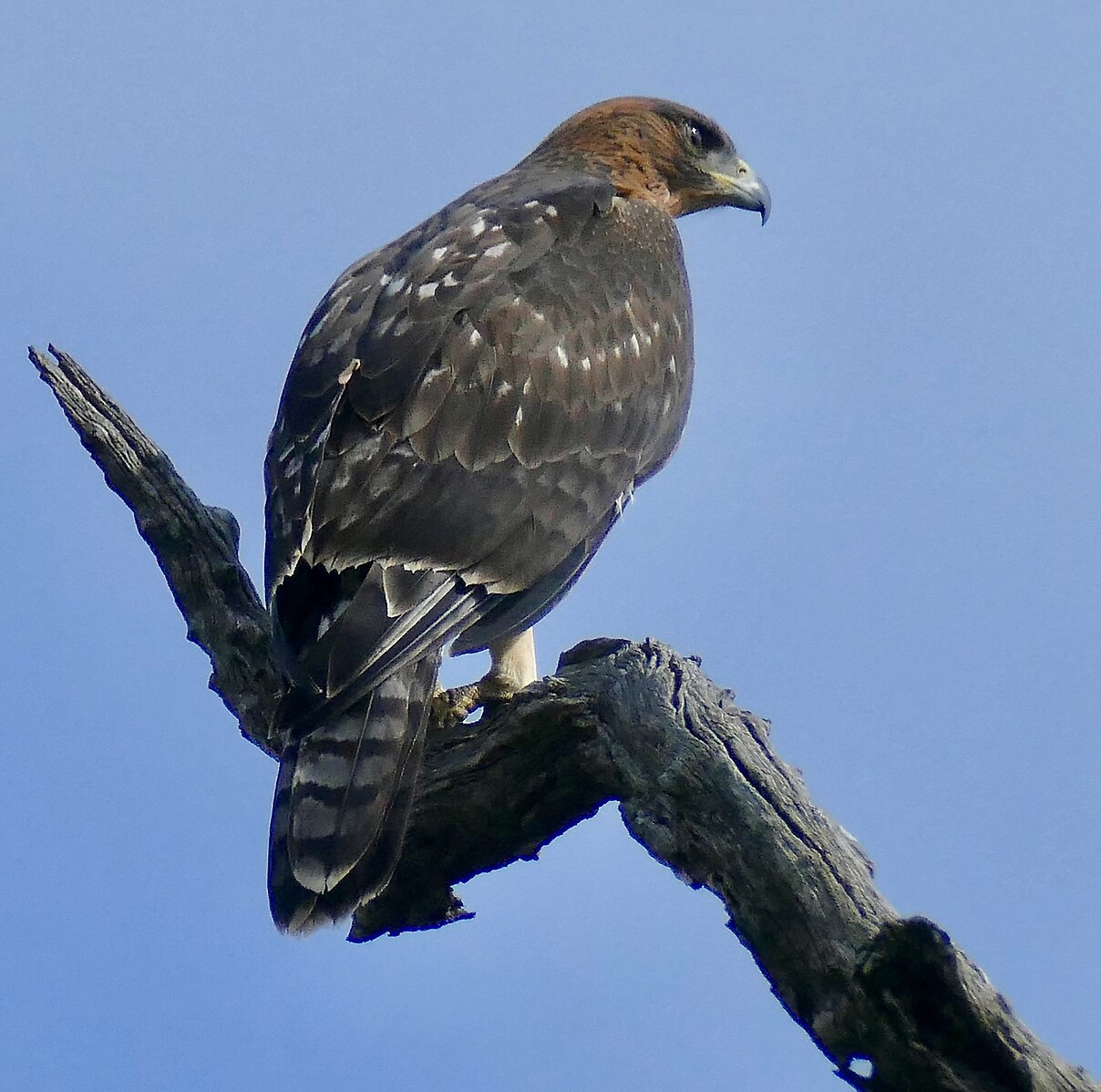The African Hawk-eagle (Aquila spilogaster) is a captivating raptor found across large parts of Africa south of the Sahara desert. These majestic birds are known for their impressive hunting skills and the unique process of their egg hatching. In this comprehensive blog post, we’ll delve into the intricate details of African Hawk-eagle egg hatching, providing you with a fascinating glimpse into the life cycle of these remarkable raptors.
The Nesting Habits of African Hawk-eagles
African Hawk-eagles are monogamous birds, meaning they form long-lasting pair bonds. These birds build large nests, typically in tall trees or on cliffs and pylons, which can be used for up to 60 years. The nest construction is a collaborative effort between the male and female, with the female taking the lead in shaping and lining the nest.
The Egg-laying and Incubation Process
 Image source: African Hawk-Eagle by Bernard DUPONT
Image source: African Hawk-Eagle by Bernard DUPONT
The female African Hawk-eagle typically lays 1-2 eggs, which are then incubated by both parents for around 43 days. During this time, the parents take turns sitting on the eggs, ensuring they are kept warm and protected. The incubation period is a critical stage, as the parents must maintain a consistent temperature to ensure the successful development of the embryos.
Hatching and Early Chick Development
When the eaglets finally hatch, they are covered in a dark grey down, a characteristic feature of newly hatched African Hawk-eagles. These chicks are known to engage in a behavior called siblicide, where the older chick will often kill the younger one. This is a natural adaptation that ensures the survival of the stronger chick, as resources in the nest may be limited.
The surviving chick grows rapidly, thanks to the dedicated care of its parents. The mother initially tears off small pieces of meat to feed the chick, and as the chick matures, the parents begin bringing whole prey items to the nest for the eaglet to consume.
Hunting Strategies and Prey Preferences
African Hawk-eagles are skilled hunters, employing a variety of strategies to catch their prey. They may perch and wait patiently for an unsuspecting animal to pass by, or they may fly quickly through the trees to flush out their prey. Additionally, these raptors are known to soar high in the sky and then stoop down at high speeds to capture their targets.
The diet of the African Hawk-eagle is diverse, consisting of birds, mammals, reptiles, and insects. They use their sharp talons and hooked beaks to catch and kill their prey, demonstrating their impressive hunting prowess.
Conservation Efforts and Threats
Despite their current status as a species of Least Concern, African Hawk-eagles face several threats, including habitat loss, persecution by farmers, and drowning in farm reservoirs. Conservation efforts are crucial to protect these magnificent birds and the ecosystems they inhabit.
Conclusion
The African Hawk-eagle is a captivating raptor, and its egg hatching process is a testament to the wonders of nature. From the collaborative nest-building to the dramatic siblicide, the life cycle of these birds is a fascinating study in adaptation and survival. By understanding and appreciating the unique characteristics of the African Hawk-eagle, we can better appreciate the importance of conserving these remarkable raptors and the habitats they call home.
Reference:
- Global Raptor Information Network. 2021. Species account: African Hawk-eagle Aquila spilogaster. Downloaded from http://www.globalraptors.org on 3 Dec. 2021
- Kemp, A. C., P. F. D. Boesman, and J. S. Marks (2020). African Hawk-Eagle ( Aquila spilogaster), version 1.0. In Birds of the World (J. del Hoyo, A. Elliott, J. Sargatal, D. A. Christie, and E. de Juana, Editors). Cornell Lab of Ornithology, Ithaca, NY, USA. https://doi.org/10.2173/bow.afrhae1.01
- The Peregrine Fund. African Hawk-eagle. https://peregrinefund.org/explore-raptors-species/eagles/african-hawk-eagle.
